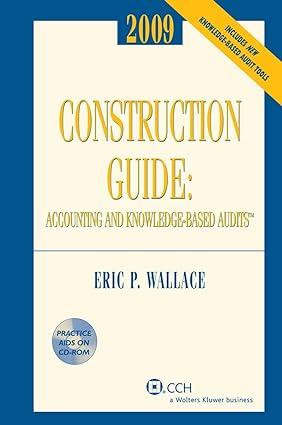Question
Suppose that two identical firms compete by choosing quantities sequentially. Firms face a total market demand given by: P(Q) = a Q where Q =
Suppose that two identical firms compete by choosing quantities sequentially. Firms face a total market demand given by: P(Q) = a Q where Q = q1 + q2. Firms have total cost functions given by: Ci(qi) = cqi + f, where c is a constant marginal cost that is the same for each player and f is a fixed cost that is the same for each player. Firm 1 sets their quantity first, then firm 2 sets their quantity after observing firm 1s quantity decision. (a) First assume that fixed costs are sunk (inescapable). i. Write the profit function for a firm as a function of their own quantity and their opponents quantity. ii. Write the best response functions for each firm, and solve for the subgame perfect equilibrium. iii. What are profits for each firm in equilibrium? (b) Now assume that fixed costs are escapable that is, firms can avoid paying their fixed cost by producing a quantity of zero. i. Write the best response of firm 2 to a quantity choice by firm 1. (You may assume that whenever firm 2 would earn zero profits, it prefers not to produce.) ii. Find an expression for f, the fixed cost at which the Stackelberg quantity of firm 1 makes firm 2 indifferent between producing and not producing. (Write your answer in terms of a and c.) iii. If f is slightly above f, what quantity should firm 1 choose? If f is slightly below f, what quantity should firm 1 choose? What accounts for this behavior?
Step by Step Solution
There are 3 Steps involved in it
Step: 1

Get Instant Access to Expert-Tailored Solutions
See step-by-step solutions with expert insights and AI powered tools for academic success
Step: 2

Step: 3

Ace Your Homework with AI
Get the answers you need in no time with our AI-driven, step-by-step assistance
Get Started


